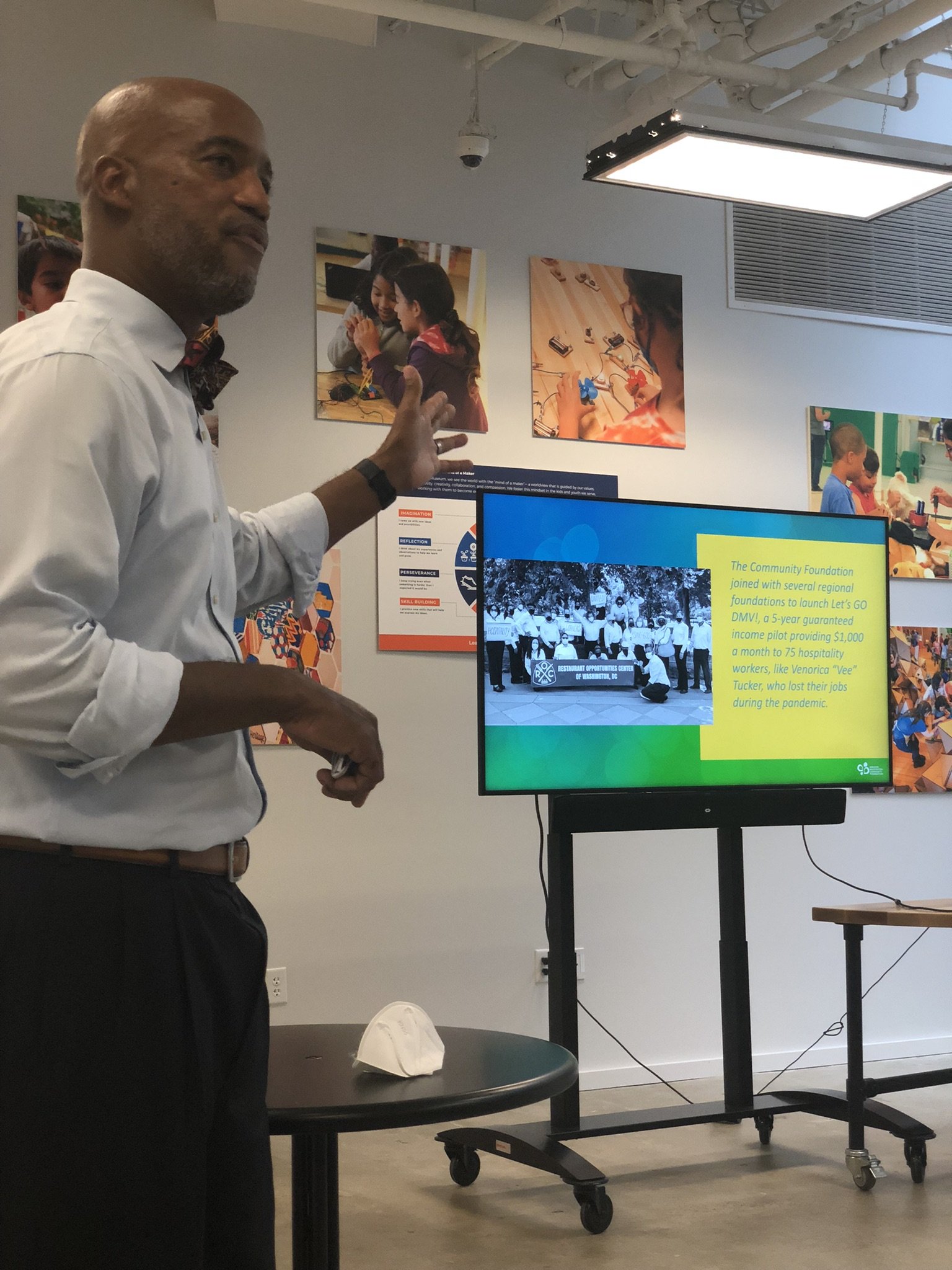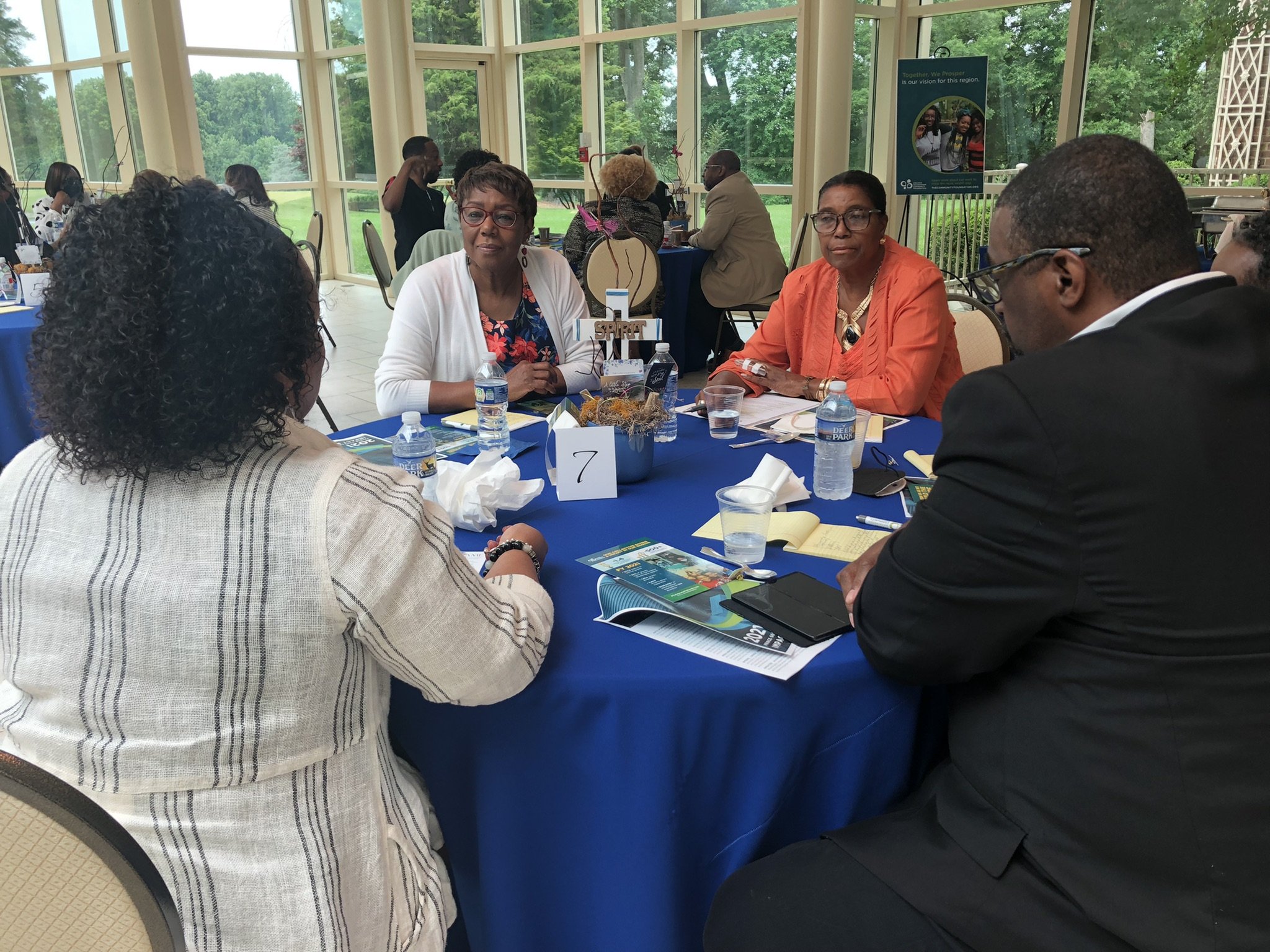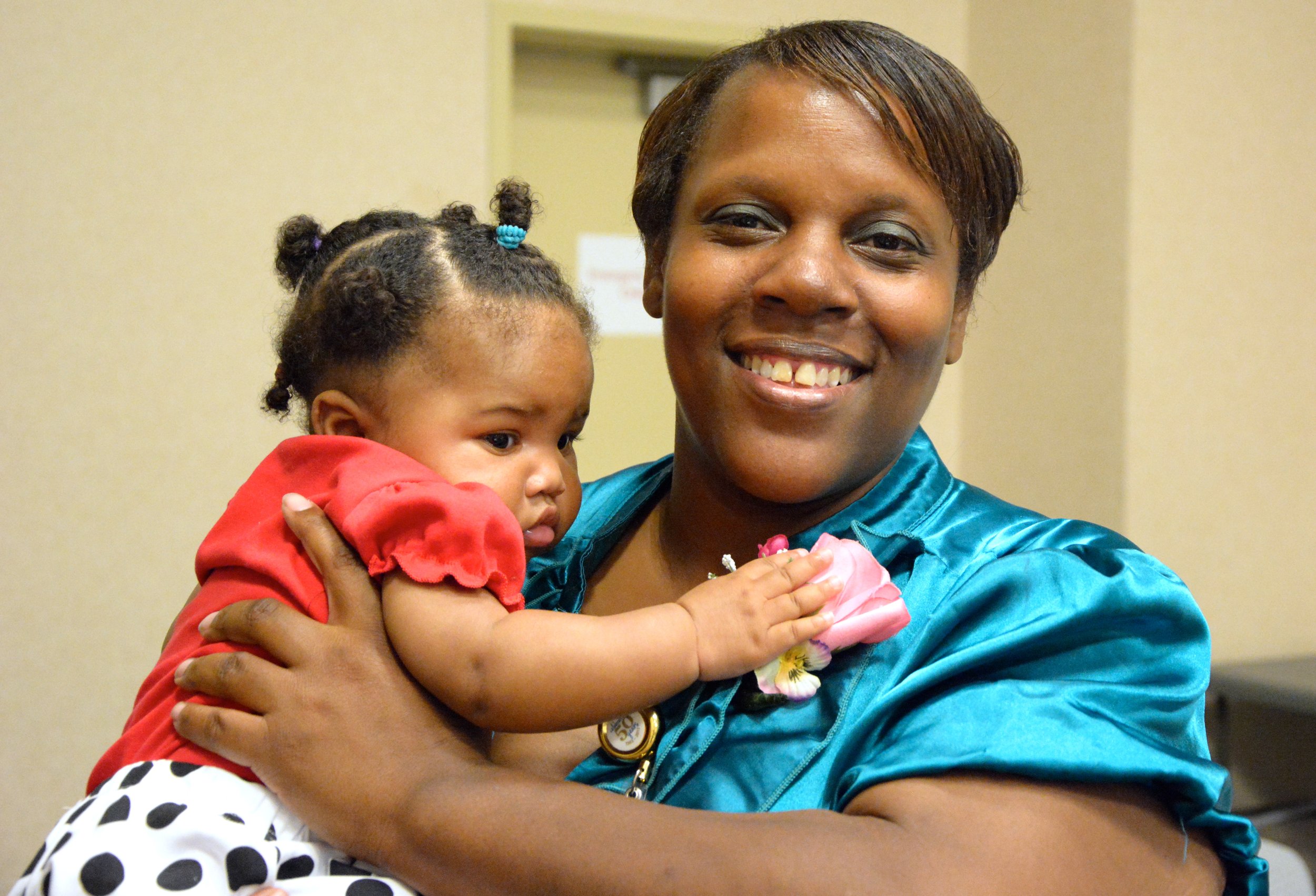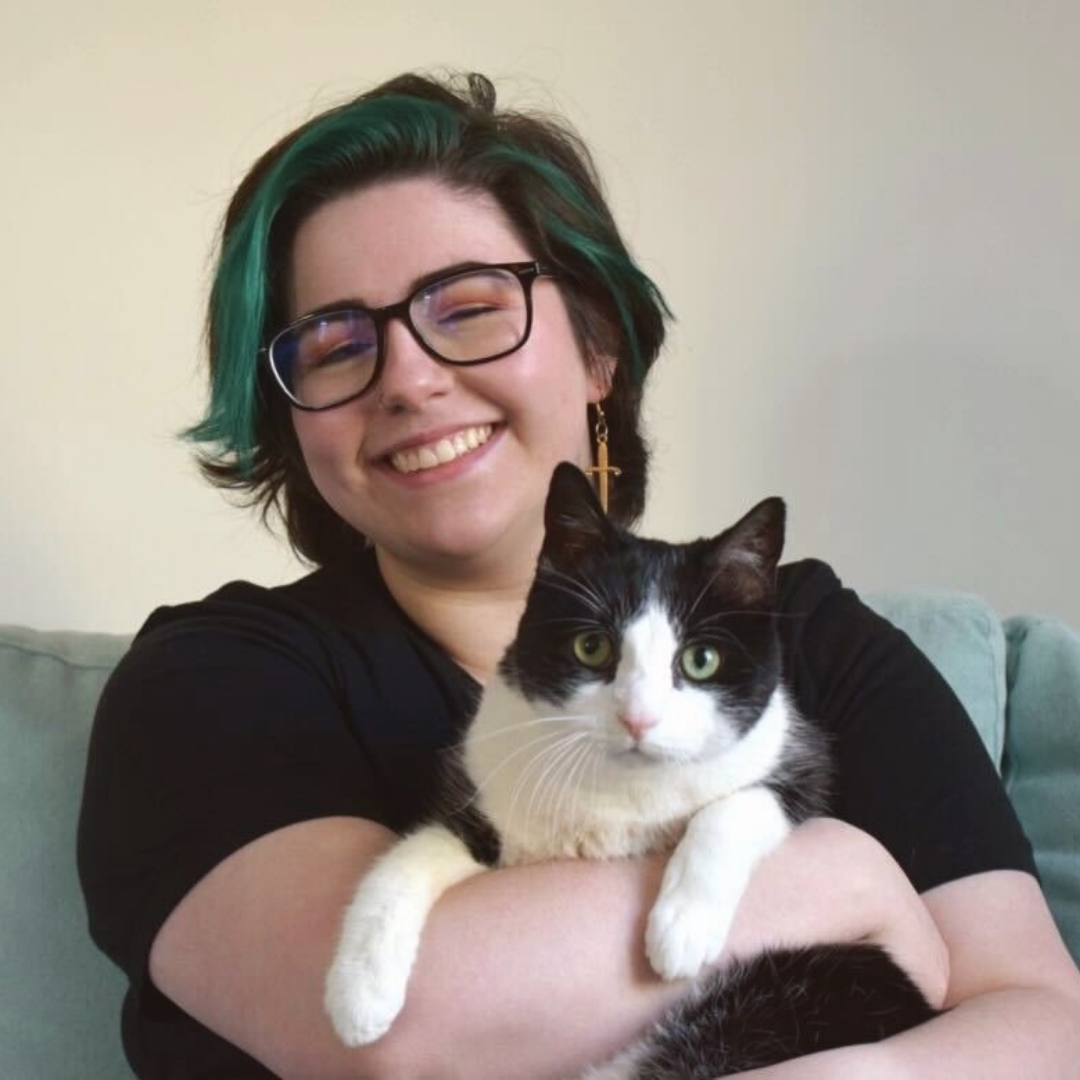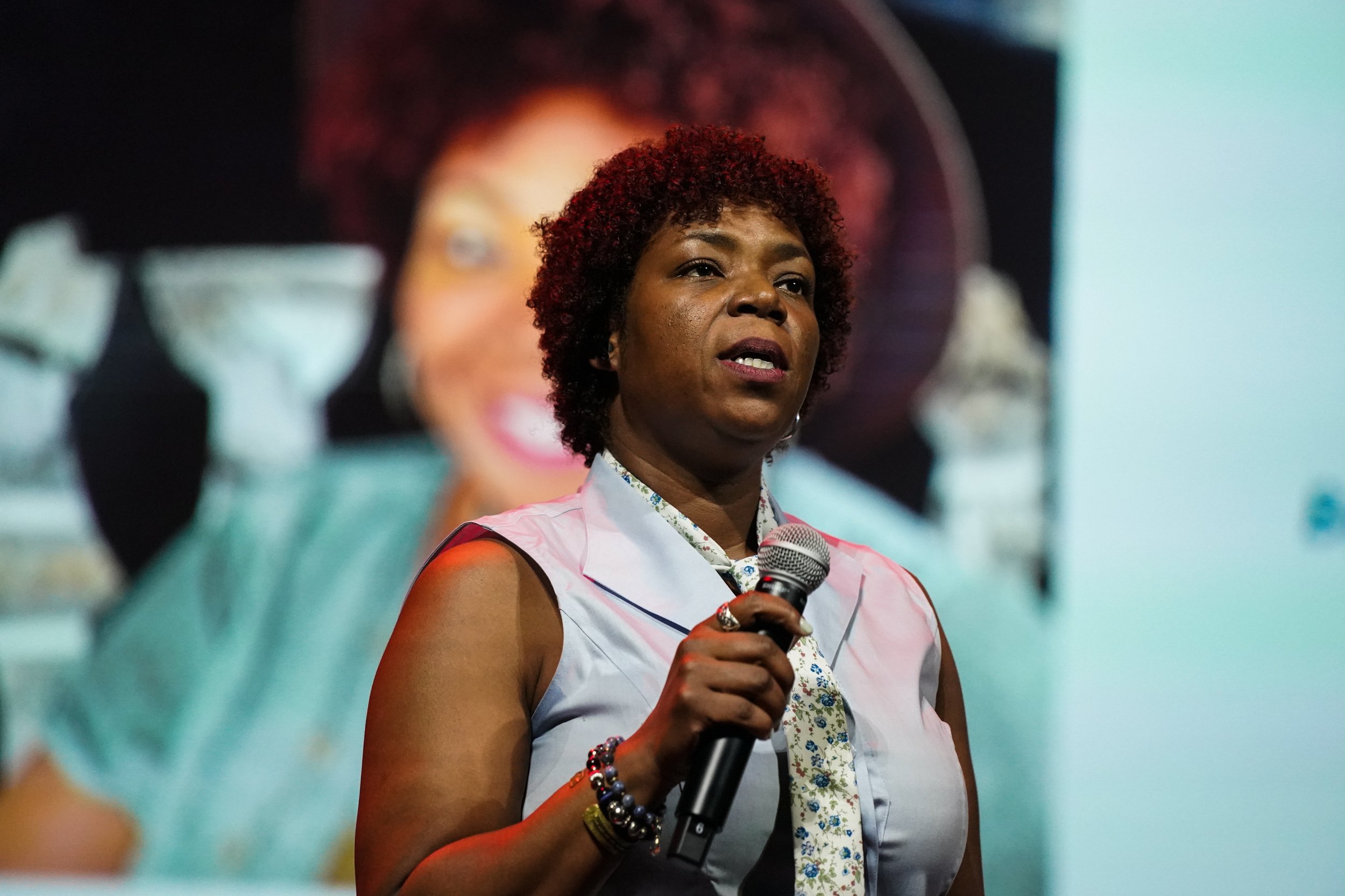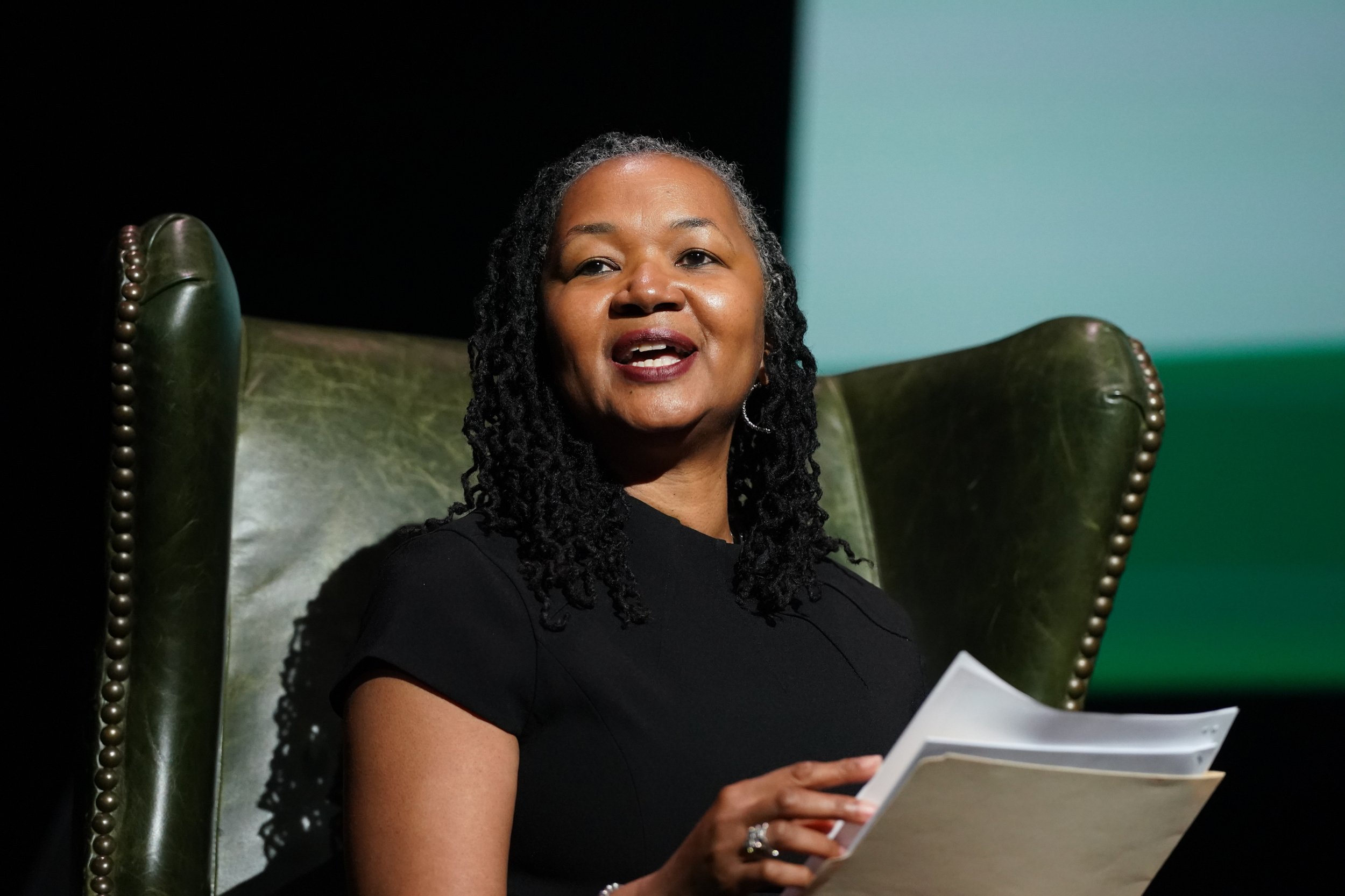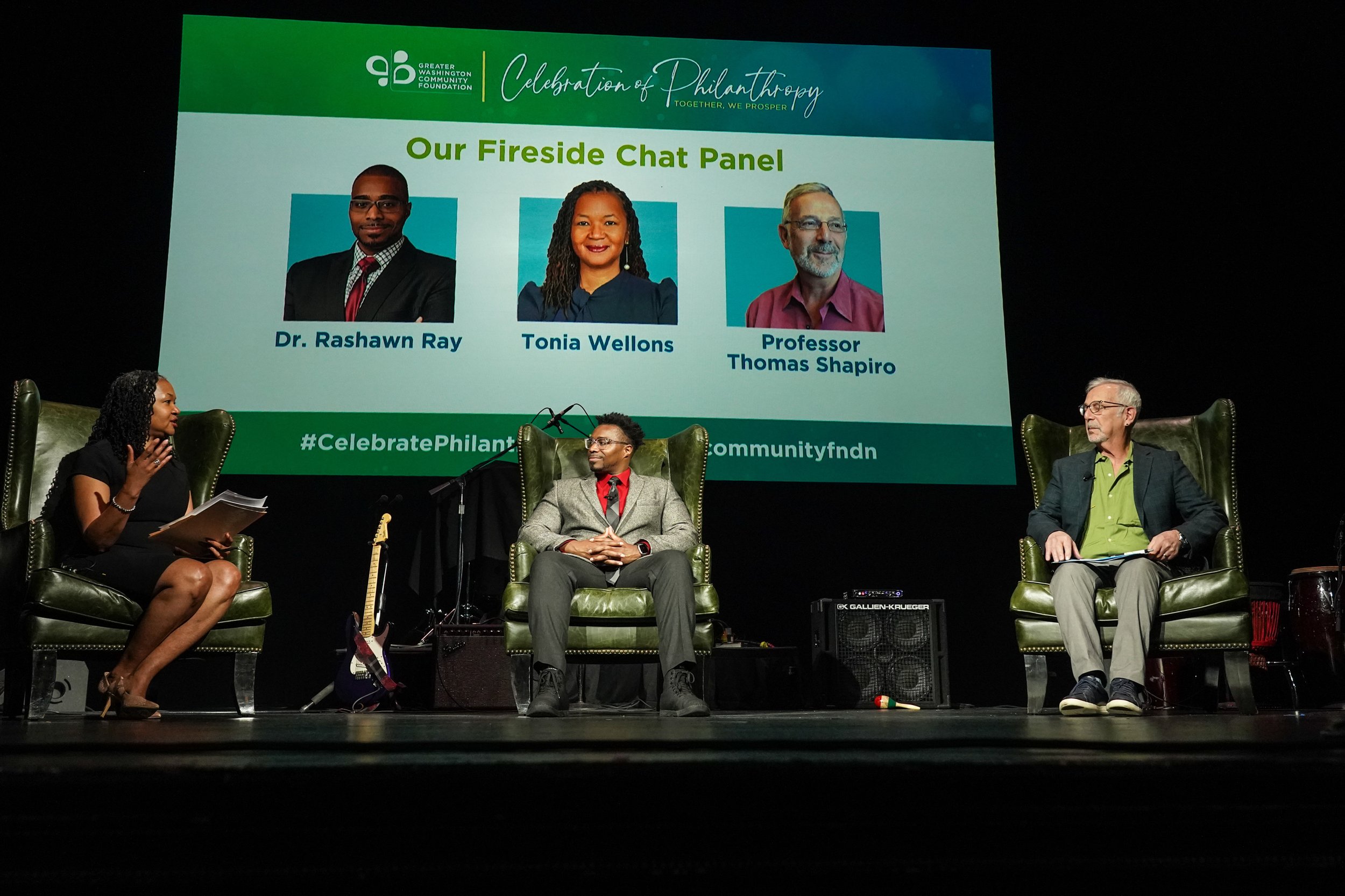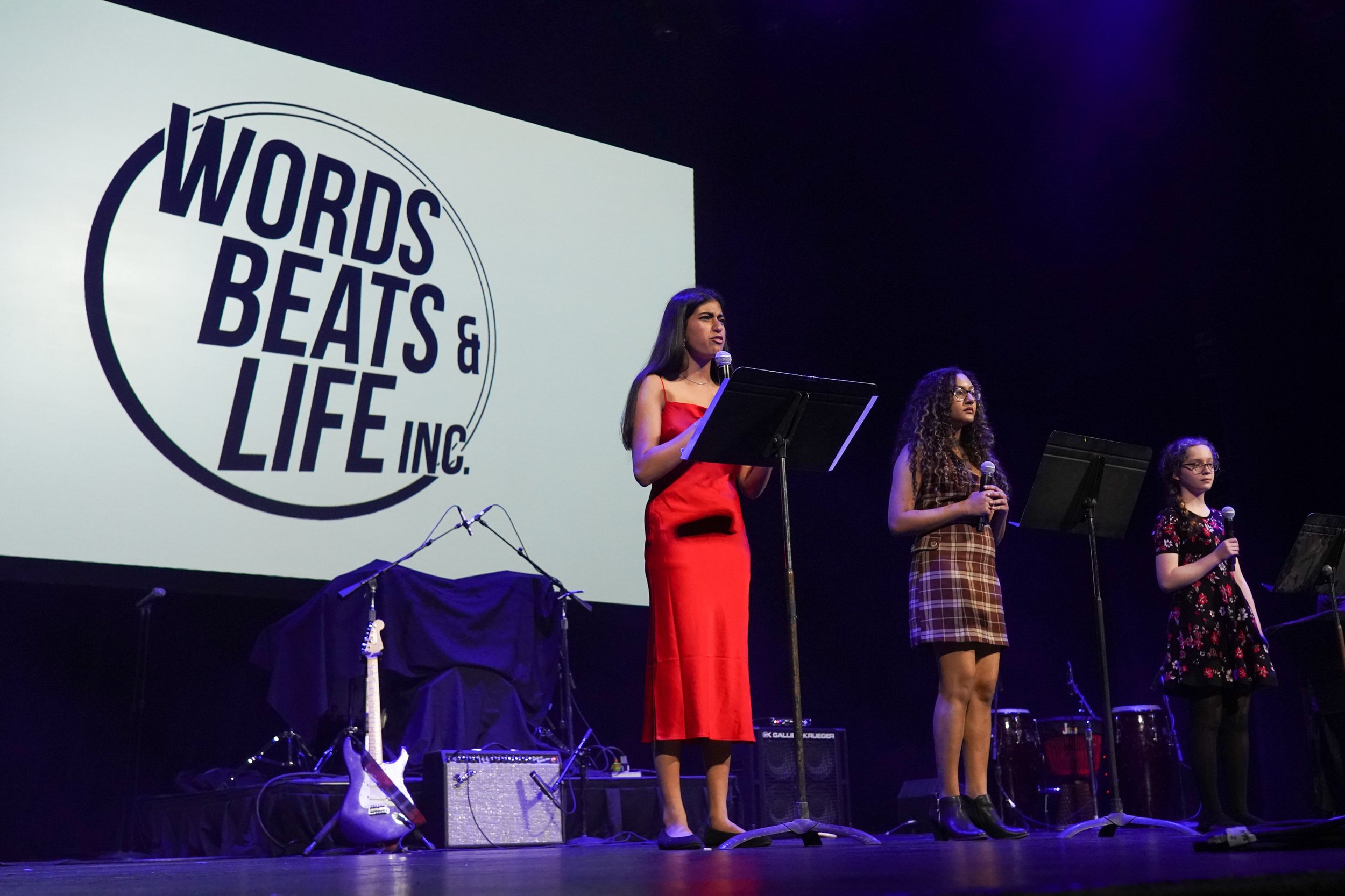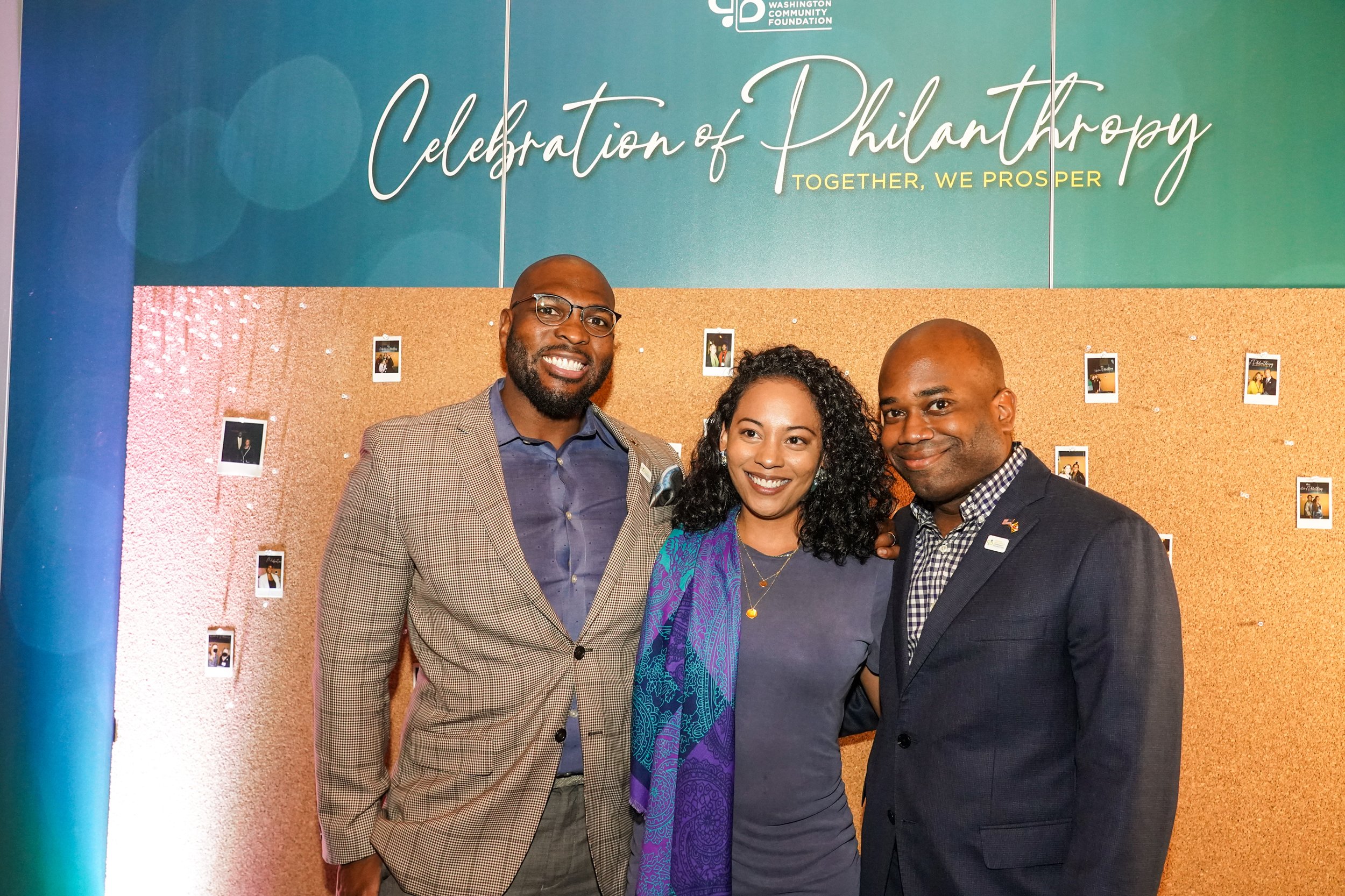From the Prince George’s Suite Magazine: Fall/Summer 2022 Edition
After working for some of the leading nonprofits in the country, Darcelle Wilson has returned home to work in the community she knows and loves. As a military daughter and wife, Wilson spent much of her childhood and early adult life living abroad. Upon returning to the states, she settled in Prince George’s County and was determined to put down roots. Her children attended Prince George’s County public schools, but her job always had her working outside of her community. Wilson always wanted to eventually use her skills in service to her community. Last fall, Wilson joined the Greater Washington Community Foundation as the new Senior Director for Prince George’s County. It was a lifelong dream, and Wilson has finally come full circle.
A long-time resident of Prince George’s, Wilson brings deep appreciation for the county and considerable expertise. She’s served as Chief Development Officer for organizations large and small, and now her top priority is to increase philanthropic capital for the county.
According to Wilson, “Most nonprofit organizations in Prince George’s County are small. This leaves our community often ill equipped to address the myriad of issues facing county residents. We need strong cross sector partnerships to make Prince George’s what we know it can be.”
To establish these critical partnerships, Wilson has prioritized meeting with county stakeholders, donors, civic and faith leaders, companies, nonprofits, and residents. Wilson sees these meetings as opportunities to listen and learn about the hopes, dreams, aspirations, and concerns of Prince Georgians. She’s driven the depth and breadth of the county to introduce herself and the work of The Community Foundation to others. Her deep listening was not only informative but humbling and the lessons learned invaluable. “Listening to our community partners has been so rewarding,” Wilson says. “It has helped shape the boldest strategic vision The Community Foundation has undertaken.”
Together, We Prosper
Wilson will be leading the effort to pursue The Community Foundation’s new strategic vision for economic justice in Prince George’s County, and she is working with both residents and colleagues to make that vision a reality.
The Community Foundation’s new, 10-year strategic vision endeavors to close the racial wealth gap in Greater Washington so people of all races, places, and identities reach their full potential.
Wilson says, “Closing the racial wealth gap creates a ripple effect – changing the lives of county residents and facilitating change and prosperity throughout the county.” To bring about that change, Wilson wants to build on the county’s many assets, including its commitment to philanthropy. “County residents have a rich history of giving, whether to their churches, fraternal organizations, schools, or social causes,” Wilson says. “The Community Foundation isn’t here to teach people how to give but to be a philanthropic partner and advisor to help amplify their giving.”
Partnering for Change
At its core, The Community Foundation is a community partner working collaboratively to build more equitable, just, and thriving communities. Since its official inception in 1998, The Community Foundation in Prince George’s County, a local philanthropic arm of the Greater Washington Community Foundation, has worked in partnership with countless others to invest more than $50 million in organizations helping advance residents’ economic mobility by eliminating social and economic disparities and creating pathways to economic success.
The Sharing Prince George’s Fund is just one way The Community Foundation leverages charitable giving toward that mission. Sharing brings together donors who share the organization’s commitment to social and economic justice. Donors get to visit nonprofits to learn first-hand about challenges facing the county and then invest in visionary nonprofits working on the most pressing issues. The generosity of donors enables The Community Foundation to make larger, more impactful grants. This year, Sharing Prince George’s awarded $475,000 to five Prince George’s County based nonprofits.
“We take our role and the trust placed in us by the community very seriously,” Wilson says.
Fostering a New Generation of Philanthropists
Wilson is quick to mention another key partner in this effort: young, aspiring Prince George’s County philanthropists. Launched in 2020, The Emerging Leaders Impact Fund (ELIF), a new giving circle, facilitates collective giving by bringing together young professionals in the county to engage in strategic philanthropy. ELIF allows members—typically aged 45 and under— to pool their resources and fund programs which positively impact Prince George’s County residents. The first ELIF cohort in 2020 awarded $12,000 in microgrants to five local nonprofits combating truancy and absenteeism in Prince George’s County schools.
Wilson says, “ELIF is basically a behindthe- scenes course on philanthropy in action in Prince George’s County. We guide members through every step of the philanthropic journey.”
Unparalleled Partnership
“I am really excited to be working in Prince George’s County and partnering with so many incredible people and organizations. Without a doubt, I’m Prince George’s Proud.”
With the adoption of The Community Foundation’s new strategic vision and Wilson on board, The Community Foundation in Prince George’s County is seeking to build on the county’s assets and form even more partnerships to build thriving communities. “The Community Foundation in Prince George’s County came about because residents recognized the importance of strategic philanthropy and came together to form an unparalleled partnership that is still creating impact for our community today,” Wilson says.
To learn more about The Community Foundation’s initiatives and how to get involved, visit thecommunityfoundation.org






